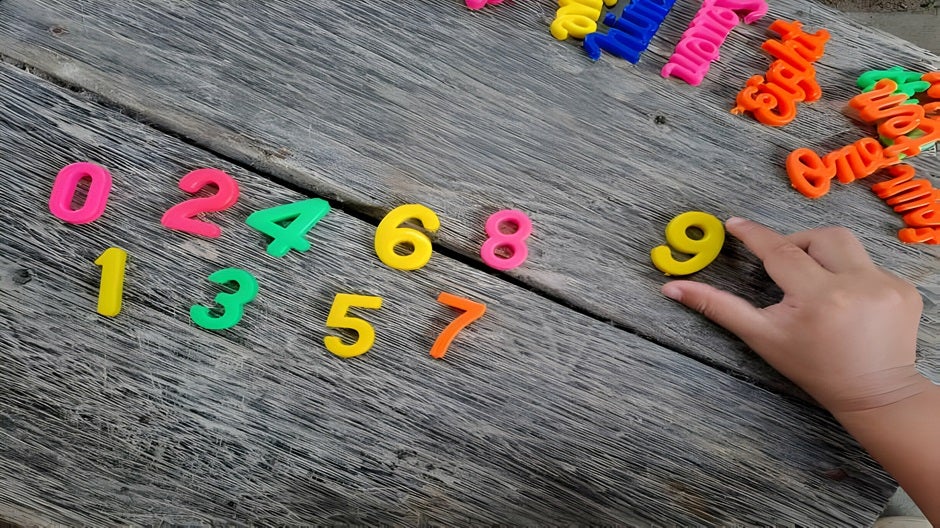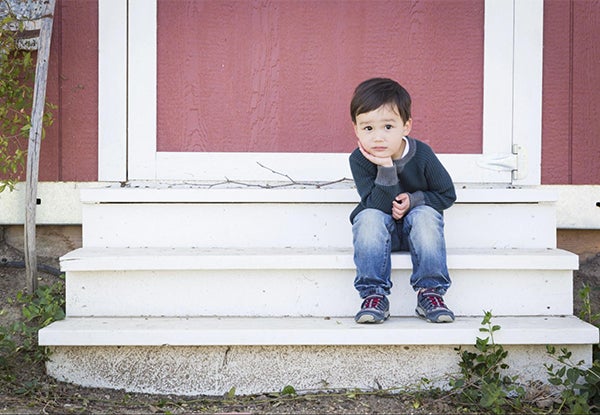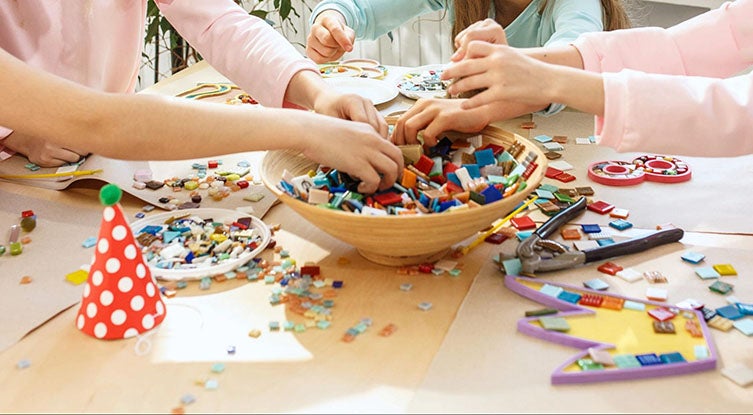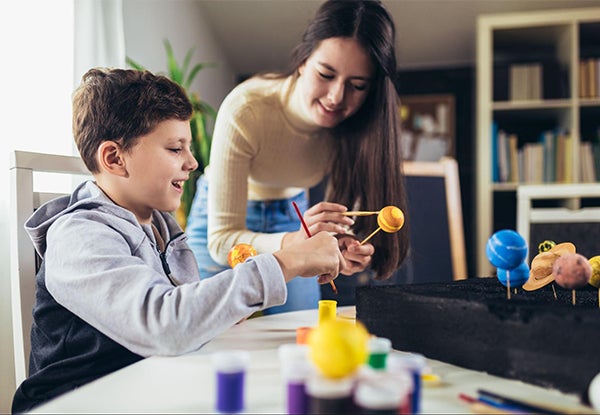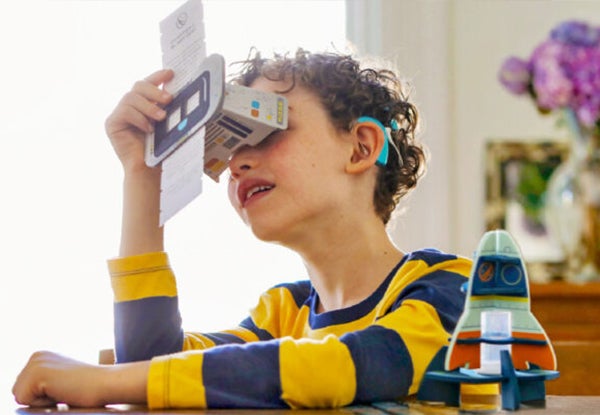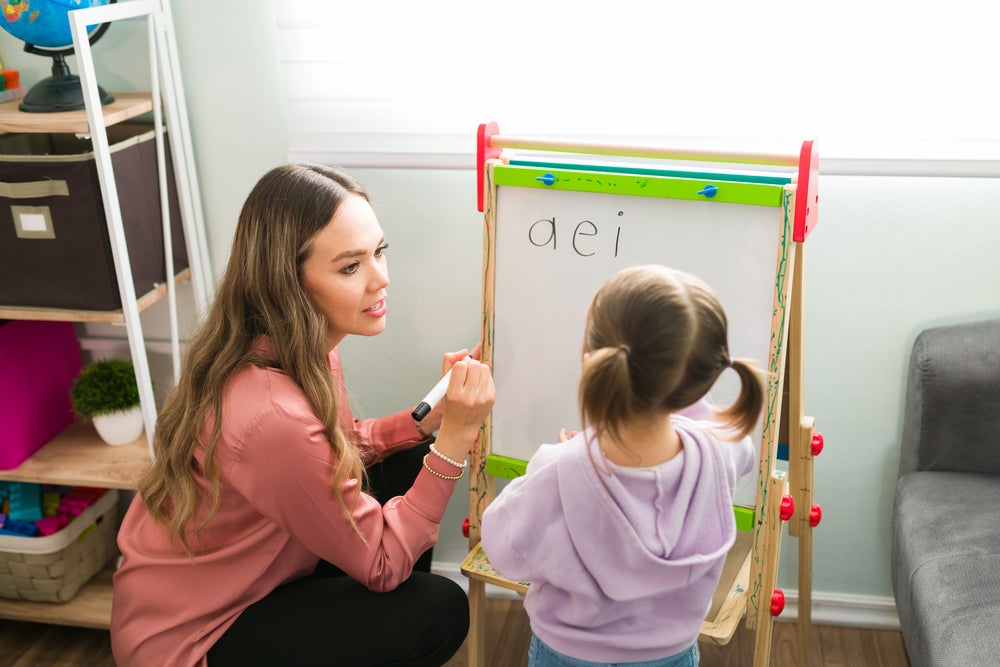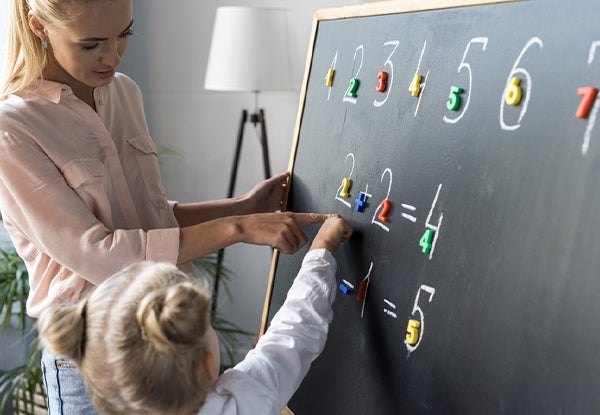Has your child’s room ever been transformed into a hospital that takes care of “sick” family members? Or maybe a pirate ship that’s traveling the deepest seas, looking for treasure? All this fun and games is what we call dramatic play.
On the surface, it may seem like simple playtime. However, dramatic play is actually a great learning tool for children.
In this article, we’ll help you understand how to use it effectively at home to help your child continue learning and growing in a fun and engaging way!
What Is Dramatic Play?

The easiest way to think of dramatic play is as “pretend play.” This is where kids assign different roles and act them out. The very essence of this type of play is to pretend to be something or someone they are not.
Kids can act like they are their favorite superhero (or villain if they prefer), fairy godmother, princess, and more.
Children can also pretend to take on more reality-based roles, like a teacher, doctor, nurse, construction worker, or even mom or dad. There are no limits to who or what they can be!
Types of Dramatic Play
1) Structured Play
Structured play is probably more common in school than at home.
Your child’s teacher may set up a specific scenario for the class, often with a desired outcome in mind. Everyone will then pick roles. After deciding which part belongs to whom, it’s time to act things out.
Of course, this type of play will have challenges, such as deciding where the action will take place, what props or costumes to use, and how the scene will start and end. This is where the learners get to engage and work through the problems they encounter as a team.
2) Unstructured Play
On the other hand, unstructured play gives kids the opportunity to decide on the scenario they want to act out and then proceed to create their own imaginary world.
Here at HOMER, we believe in a good mixture of both structured and unstructured play, as each option has great benefits.
As a parent, you want to help guide the playtime, while it’s also essential to ensure that children get the opportunity to create these fantastical worlds that can only exist in their minds.
What does that look like? You might be involved at the beginning in helping to set up the scenario. But afterward, you may want to step back and let your child’s imagination soar!
The Benefits Of Dramatic Play

1) Imagination Building
One of the key elements of dramatic play is imagination. Your child will truly believe in the role they take on and will likely act it out to the best of their ability.
This can help to nurture a child’s creativity. Most of the time, they can use objects they find around the house to help bring their play to life. A simple blanket can turn into a gorgeous dress for the princess or a cape for the local superhero.
When children regularly get creative and think outside the box during dramatic play, it can encourage them to apply this creativity to other areas of their lives, like art, writing, and dance. It also promotes their individuality.
2) Story Basics
Stories form a huge part of our everyday lives. The books, magazines, online articles, TV shows, and movies we watch all have a beginning, middle, and end — the foundation of a story.
Dramatic play can help your child learn more about stories. They will pick up on plot lines and how different characters add value to a story. They might also imagine costumes, settings, and so on. Fully imagining a story is a key to reading comprehension.
As a young learner, your child will come across stories through the books or poems that you or their teacher reads to them. After exposure to dramatic play, they will have a much better understanding of the ins and outs of how a story works.
3) Cooperation And Conflict Resolution

Although dramatic play can be solitary play, making up stories is often enriched when kids work together.
At first, working together might not be easy, but as they continue playing, children will learn important lessons about working as a team to reach a common goal.
In addition, dramatic play can help children develop their thought patterns in two ways:
- Finding solutions for issues that arise when playing with others
- Finding solutions for the make-believe characters and the pretend problems they face
Through dramatic play, your child will learn that there are many ways to handle every scenario.
4) Confidence
Confidence building in children can take time. One of the most effective ways to help build your young learner’s confidence is by showing them that they have the ability to control or change scary situations.
Is the villain in the story destroying the whole town? They can be the superhero who saves the day! Did the local bridge break down and kids can’t get to school? They can be the sheriff who will help to restore the bridge.
It really doesn’t matter what the scenario is. What matters is that children take on important roles that can help in challenging situations.
5) Fantasy Vs. Reality
Sometimes, certain situations can be traumatizing to kids (and adults). It can be hard to differentiate between fantasy and reality — like a nightmare or being afraid of the boogie monster.
Engaging in dramatic play will help kids learn to differentiate between what is real and what they don’t need to worry about.
Additionally, children often act out their fears in role play. Fantasy through dramatic play is a good way to deal with issues that are emotionally taxing in reality.
Now that you understand some of the most incredible benefits of dramatic play, let’s get into some fun ideas you can introduce at home today!
5 Fun Dramatic Play Ideas
1) Recreate A Popular Story

Your child will come across fairy tales and other popular stories from the books at home and at school. Why not recreate some of these popular stories with a little twist during dramatic play?
For instance, you can mix the stories of two popular children’s books and let your child decide how things should pan out.
What happens if Snow White comes across Cinderella while she’s running off after the ball? What if Spiderman is the one who discovers the yellow brick road that leads to Oz?
This is a great way to help your child use their imagination as they realize that they have the power to influence the direction of some of their favorite stories and characters!
2) Be A Singer
Does your child love singing? This fun activity is right up their alley!
For this dramatic play idea, encourage your child to create a live concert for the family. Before the big show, they’ll need to design their own costume and props and decide which songs they will sing.
Music is one of the most expressive forms of art, and introducing it into your child’s dramatic play can be extremely beneficial.
3) Mail Adventure

This dramatic play activity involves recreating a post office and helping your child discover the magic of old-school snail mail.
Start by using our Mail Adventure Kit, which contains a cotton canvas bag, some envelopes, post office stickers, cards, and so much more.
There are many ways that this adventure can go. Your child can set up their mini post office at home with a sticker board; they can pretend to be a postal carrier; they can write the letters themselves using scribbles, invented spelling, or traditional spelling depending on their age.
Mail Adventure can help your child continue growing their reading and writing skills as they write, deliver, and read the letters themselves.
4) A Day At The Vet’s Office
Kids playing doctor is a classic dramatic play idea that many of us remember from our own childhood.
But humans aren’t the only ones who need medical attention when they are sick! Consider changing things up and teaching your child about what vets do by helping them create a vet’s office.
Who will the patients be? All those stuffed animals on your child’s bed. Parker, the interactive teddy bear, has a sore tummy; Ms. Monkey has a sore head; and there’s something stuck in Mrs. Elephant’s trunk!
5) Fire Department

The fire department helps keep us all safe in hazardous situations. Why not introduce your child to some of the amazing work they do through dramatic play?
For this, you can help your child create costumes and set up their fire department. If you want to take the fun outside, the garden hose can become a fire hose!
Enhance Playtime With HOMER

At Homer, we firmly believe that learning is not and must not be restricted to the classroom. Beyond those four walls, there are so many other opportunities for your child to grow in every aspect of life. Dramatic play is one of them.
This fun playtime helps your young learner use their imagination to create a world with no boundaries (except your house, of course). This can be a creative way to assist children in developing skills that will help them flourish for years to come!
For more fun ideas to help your child play, learn, and grow at home, check out the HOMER Activity Center!




